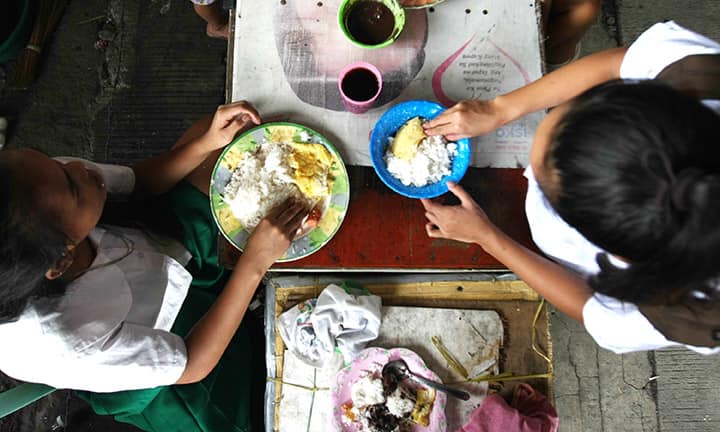Marginalized groups needed to help end hunger, food insecurity in ASEAN—Yamsuan
At A Glance
- Bicol Saro Party-list Rep. Brian Raymund Yamsuan stressed the need to include marginalized groups in the decision-making processes of the Association of Southeast Asian Nations (ASEAN) to help curb hunger and food insecurity in the region.
 (Jansen Romero/MANILA BULLETIN)
(Jansen Romero/MANILA BULLETIN)
Bicol Saro Party-list Rep. Brian Raymund Yamsuan stressed the need to include marginalized groups in the decision-making processes of the Association of Southeast Asian Nations (ASEAN) to help curb hunger and food insecurity in the region.
For the Philippines, Yamsuan said the country will be committed to empowering women, the youth, indigenous peoples (IPs), and other marginalized groups to enable them to contribute to hunger eradication initiatives.
“Empowering inclusion in the food, agriculture, and forestry sectors is not just a matter of justice, it is essential for sustainable development,” the lawmaker said during the second joint workshop of the ASEAN Guidelines on Promoting Responsible Investment in Food, Agriculture and Forestry (ASEAN-RAI) in Bali, Indonesia.
“By implementing these strategies, we can create an environment where responsible investment thrives, benefiting our economy, people, and the planet,” he added.
Yamsuan shared that Philippine Congress has crafted legislative measures to bolster the capability of marginalized groups, with laws such as the Magna Carta for Women, the Universal Access to Quality Tertiary Education Act, and the Philippine Ecosystem and Natural Capital Accounting System Act.
Laws are also now in place to strengthen the productivity and sustainability of the country's agriculture sector, he said.
Yamsuan, chairperson of the House Committee on Aquaculture and Fisheries Resources, headed the Philippine delegation in the ASEAN-RAI workshop.
Speaking before fellow parliamentarians and stakeholders in the food and agriculture sectors, Yamsuan underscored the crucial role of lawmakers in ending hunger and food insecurity.
However, he insists that “parliamentary action is not enough”.
Yamsuan said lawmakers should collaborate across various sectors, particularly by working with government agencies, engaging the private sector to foster corporate responsibility and sustainable practices, and involving civil society and local communities.
“The problem of hunger, which is one of the pressing challenges of our time, and affects millions across the globe, requires a whole-of-society approach that involves the government, the private sector, civil organizations and local communities to ensure inclusive decision-making,” said Yamsuan.
The Bicol solon pointed out that cooperation among ASEAN members in promoting responsible investments in the food, agriculture, and forestry sectors is also necessary in the fight to end hunger in the region.
According to the United Nations (UN), the agriculture sector of Southeast Asia plays an important role in ASEAN's economy. It contributes 12 percent to the region’s gross domestic product (GDP) and employs more than 100 million people.